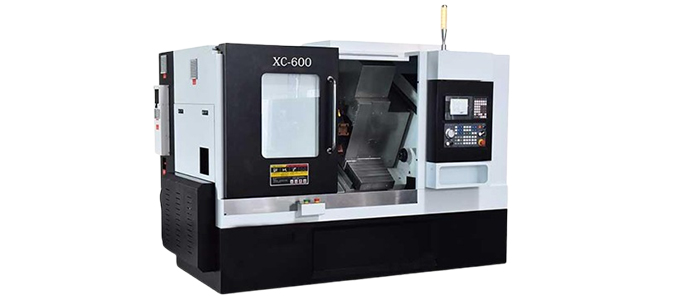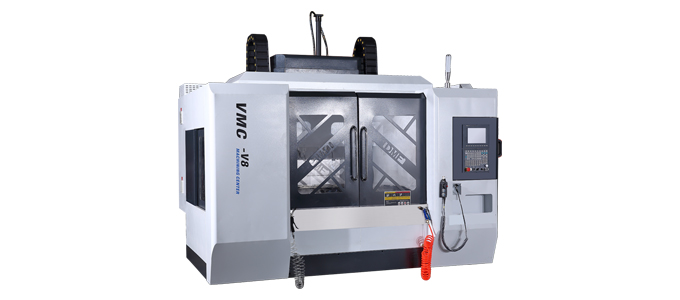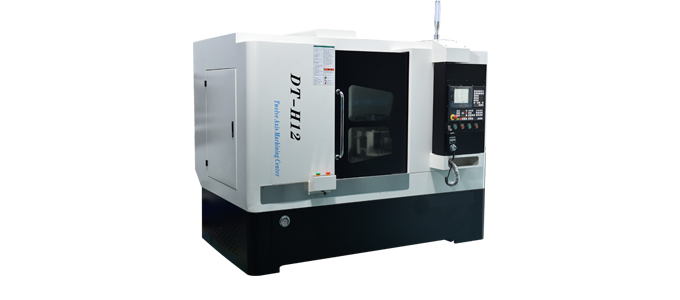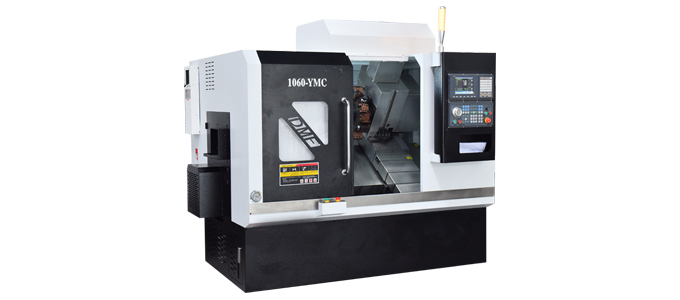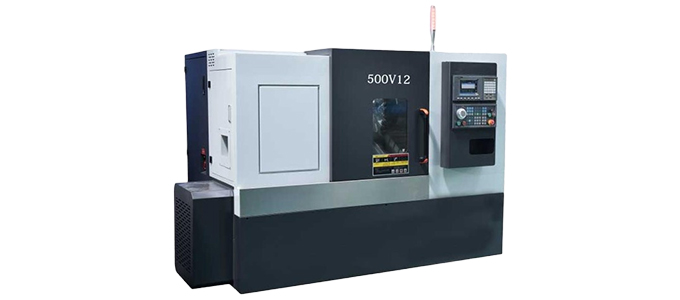CNC (Computer Numerical Control) lathe machines are versatile tools that have transformed modern manufacturing. These machines are capable of performing a wide range of machining operations, including turning, drilling, milling, and threading, making them indispensable in various industries.
CNC lathe machines operate by rotating the workpiece against cutting tools, which are precisely controlled by computer programs. This process allows for the accurate shaping of cylindrical parts, such as shafts, rods, and valves. The ability to produce parts with minimal deviation is essential in industries where precision is critical, such as aerospace, automotive, and marine.
In the marine industry, for example, components such as rudder shafts, propeller shafts, and porthole fittings must meet stringent quality standards to ensure their performance and reliability in harsh environments. CNC lathe machines are capable of machining these parts to exact specifications, ensuring their durability and functionality.
The versatility of CNC lathe machines is further enhanced by their advanced features, such as multi-axis capabilities, high-speed spindles, and automated tool changers. These features allow CNC lathes to perform multiple machining operations in a single setup, reducing the need for multiple machines and setups. This multifunctionality not only saves time but also enhances production efficiency and reduces the risk of errors.
CNC lathe manufacturers continually innovate to incorporate the latest technologies into their machines. The integration of IoT (Internet of Things) and AI (Artificial Intelligence) technology has revolutionized CNC machining, enabling real-time monitoring, predictive maintenance, and adaptive control. These advancements improve machine performance, reduce downtime, and enhance overall productivity.
Precision machining also relies on high-quality CNC systems and software. Modern CNC systems feature user-friendly interfaces, real-time monitoring, and advanced control algorithms that optimize machining parameters. These systems ensure that CNC lathe machines operate at peak efficiency, producing high-precision parts consistently.
In conclusion, CNC lathe machines are versatile tools that play a vital role in modern manufacturing. These machines are essential for producing high-quality components required in various industries, from aerospace to marine. As technology advances, the capabilities of CNC lathe machines will continue to expand, driving further improvements in manufacturing efficiency and product quality.


